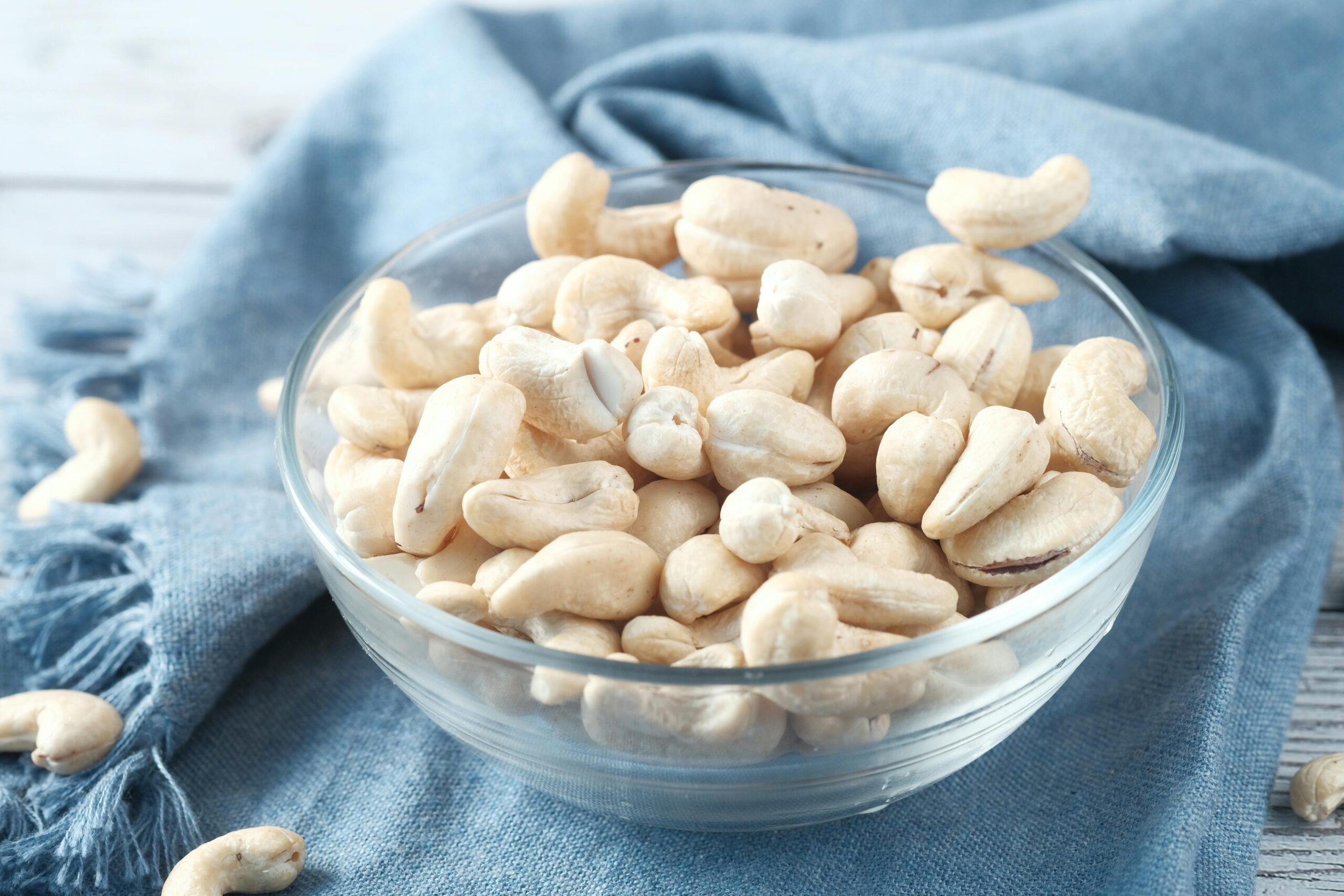Rosemary: From Health Benefits to Hair Care

Rosemary, a fragrant herb native to the Mediterranean, is not only popular in cooking but also renowned for its numerous health and beauty benefits. This evergreen herb, characterized by its needle-like leaves and distinctive aroma, is rich in nutrients and has been used in traditional medicine for centuries. In this article, we explore the varied benefits of rosemary, its positive effects on hair health, and the best ways to utilize it effectively.
Health Benefits of Rosemary
Rosemary is packed with antioxidants and anti-inflammatory compounds, which offer several health advantages:
- Enhances Brain Function: Rosemary is known for improving memory and concentration. The compound 1,8-cineole present in rosemary has been shown to boost cognitive performance.
- Supports Digestion: It can help relieve digestive issues such as indigestion, gas, and stomach cramps. Rosemary is often used in teas to aid in digestion and detoxification.
- Anti-inflammatory Properties: The anti-inflammatory properties of rosemary make it beneficial for reducing swelling and pain, particularly in conditions like arthritis.
- Boosts Immune System: With its rich antioxidant content, rosemary supports the immune system, helping to fend off infections and diseases.
Rosemary for Hair Health
Rosemary is not just good for the body and mind; it also has compelling benefits for hair:

- Promotes Hair Growth: Rosemary oil can stimulate hair growth. Applying it to the scalp improves blood circulation, resulting in a longer, thicker mane.
- Prevents Hair Loss: Rosemary oil is also known for preventing hair loss. It strengthens circulation, preventing follicles from being starved of blood supply and dying off.
- Improves Scalp Health: With its antifungal and antibacterial properties, rosemary helps combat dandruff and other scalp issues.
The Best Ways to Use Rosemary
1. Rosemary Essential Oil: One of the most potent forms of rosemary is its essential oil, which can be diluted with a carrier oil (like coconut or jojoba oil) and massaged into the scalp. This can promote hair growth and improve scalp health.
2. Rosemary Tea for Hair Rinse: Brewing a strong rosemary tea and using it as a final rinse after shampooing can leave your hair shiny and improve its condition over time.
3. Cooking with Rosemary: Incorporating rosemary into your diet is another way to harness its health benefits. It can be added to various dishes, from meats to soups, to provide flavor and nutrients.
4. Rosemary Infused Oil: For a DIY approach, infuse dried rosemary in a carrier oil like olive oil for several weeks. Strain the mixture and use the oil for scalp massages or as a hair treatment.
Precautions
While rosemary is generally safe for most people, it’s essential to use it in moderation. Essential oils, in particular, should be diluted before use, and it’s always a good idea to perform a patch test to rule out any allergic reactions.
Read More: The Impact of Fast Food on Health: What You Need to Know.
Rosemary is a versatile herb with myriad benefits, ranging from enhancing brain function and boosting immunity to promoting hair health. Whether used in cuisine, as a tea, or topically through essential oils, rosemary can be a valuable addition to your health and beauty regimen.















